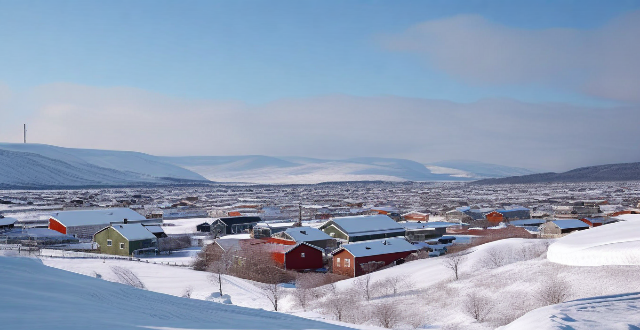Climate change poses a threat to our health through extreme weather, air pollution, and the spread of diseases. To protect ourselves, we should stay informed about weather updates, maintain good health practices, reduce exposure to pollutants, adapt to environmental changes, and support sustainable practices. By being proactive, we can mitigate the negative effects of climate change on our well-being and contribute to larger efforts in combating this global issue.

How to Protect Ourselves from the Negative Effects of Climate Change on Our Health
Climate change is a global issue that affects not only the environment but also our health. Extreme weather conditions, air pollution, and changes in the spread of disease-carrying insects are just some of the ways climate change can impact our well-being. Here are several strategies to protect ourselves from these negative effects:
Stay Informed and Prepared
Stay Updated with Local Weather Forecasts
- Always check the latest weather updates.
- Install reliable weather apps on your phone.
- Sign up for emergency alerts from your local government.
Have an Emergency Plan
- Create a family disaster plan.
- Keep an emergency kit stocked with essentials like water, non-perishable food, first aid supplies, and medications.
- Know evacuation routes and have a designated safe meeting place.
Maintain Good Health Practices
Boost Your Immune System
- Eat a balanced diet rich in fruits and vegetables.
- Exercise regularly to strengthen your body.
- Get adequate sleep to keep your immune system functioning properly.
Practice Good Hygiene
- Wash your hands frequently with soap and water.
- Use hand sanitizer when soap and water are not available.
- Avoid touching your face, especially your mouth, nose, and eyes.
Reduce Exposure to Pollutants
Improve Indoor Air Quality
- Use air purifiers to reduce indoor pollutants.
- Avoid smoking indoors and limit the use of chemical cleaning products.
- Keep ventilation systems clean and well-maintained.
Wear Protective Gear Outdoors
- Wear masks when outdoor air quality is poor.
- Use sunscreen and protective clothing to shield against excessive UV radiation.
- Consider using hats and umbrellas for additional protection.
Adapt to Environmental Changes
Adjust Living Conditions
- Insulate your home to save energy and stay cool during heatwaves.
- Use light-colored or reflective roofing materials to reduce heat absorption.
- Plant trees around your house to provide shade and improve air quality.
Change Habits According to Seasonal Variations
- Drink more water during hot seasons to stay hydrated.
- Dress appropriately for the weather to avoid overheating or hypothermia.
- Plan outdoor activities during cooler parts of the day in high temperature periods.
Support Sustainable Practices
Adopt Eco-Friendly Lifestyles
- Reduce carbon footprint by using public transportation, biking, or walking.
- Cut down on energy consumption by using energy-efficient appliances and lights.
- Recycle and compost to lessen waste.
Advocate for Environmental Policies
- Support politicians and policies focused on climate action.
- Participate in local initiatives aimed at sustainability and environmental conservation.
- Educate others about the importance of combating climate change.
By taking these proactive steps, we can not only protect our own health but also contribute to larger efforts in mitigating the effects of climate change. It's important to remember that individual actions, when multiplied by millions, can lead to significant positive changes.